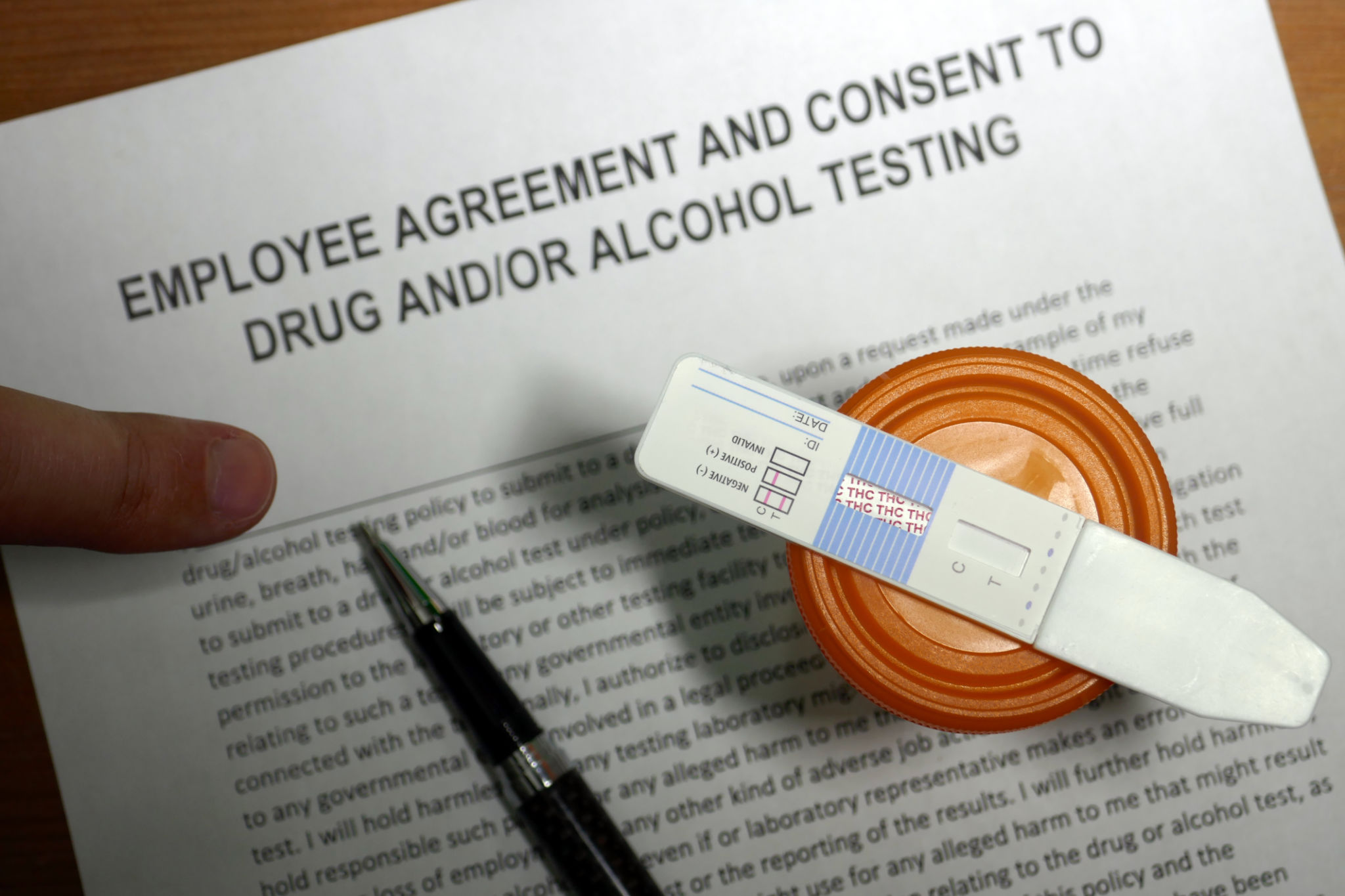Pre-Employment Drug Screening: What Job Seekers Need to Know
Understanding Pre-Employment Drug Screening
In today's competitive job market, pre-employment drug screening has become a common practice among employers. These tests are designed to ensure that potential hires can perform their duties safely and effectively. For job seekers, understanding the process and implications of these screenings is crucial for a successful job application.
Pre-employment drug screening typically involves testing for substances such as marijuana, cocaine, opiates, amphetamines, and PCP. It's important to note that the specific substances tested can vary depending on the employer and industry standards.

Why Employers Conduct Drug Screening
Employers integrate drug screening into their hiring processes for several reasons. Primarily, they aim to maintain a safe workplace environment. Employees under the influence of drugs can pose significant safety risks, particularly in industries such as transportation, construction, and healthcare.
Additionally, drug-free workplaces tend to have higher productivity levels and lower absenteeism rates. By ensuring that employees are not using drugs, companies can reduce the likelihood of workplace accidents and enhance overall performance.
The Screening Process
The drug screening process usually involves a simple urine test, although some employers may opt for saliva, hair, or blood tests. These tests are typically conducted at a certified laboratory or clinic. Job seekers are usually informed about the drug test requirement during the application process or immediately after a job offer is made.
It's important for candidates to be aware of their rights during this process. In most cases, employers must obtain written consent before conducting a drug test. Additionally, results should be kept confidential and used solely for employment decisions.

Preparing for a Drug Test
For job seekers, preparation is key when facing a pre-employment drug test. It's recommended to abstain from any substance use that could potentially result in a positive test outcome. Even legal substances like certain medications can affect test results, so it's important to disclose any prescriptions to the testing facility beforehand.
Moreover, understanding the potential consequences of failing a drug test is essential. A positive result can lead to the withdrawal of a job offer or even disqualification from future employment opportunities with the same company.
Your Rights and Responsibilities
As a job seeker, it's important to know both your rights and responsibilities regarding pre-employment drug screening. While employers have the right to conduct these tests, they must also adhere to legal and ethical guidelines.
If you have concerns about the testing process or believe that your rights have been violated, you have the option to seek legal advice or contact relevant labor authorities. This ensures that both parties maintain fair practices throughout the employment process.

Conclusion
Pre-employment drug screening is an integral part of many hiring processes today. By understanding the reasons behind these tests and preparing accordingly, job seekers can navigate this aspect of their job search with confidence. Staying informed about your rights and responsibilities ensures a smooth and fair experience for both applicants and employers.